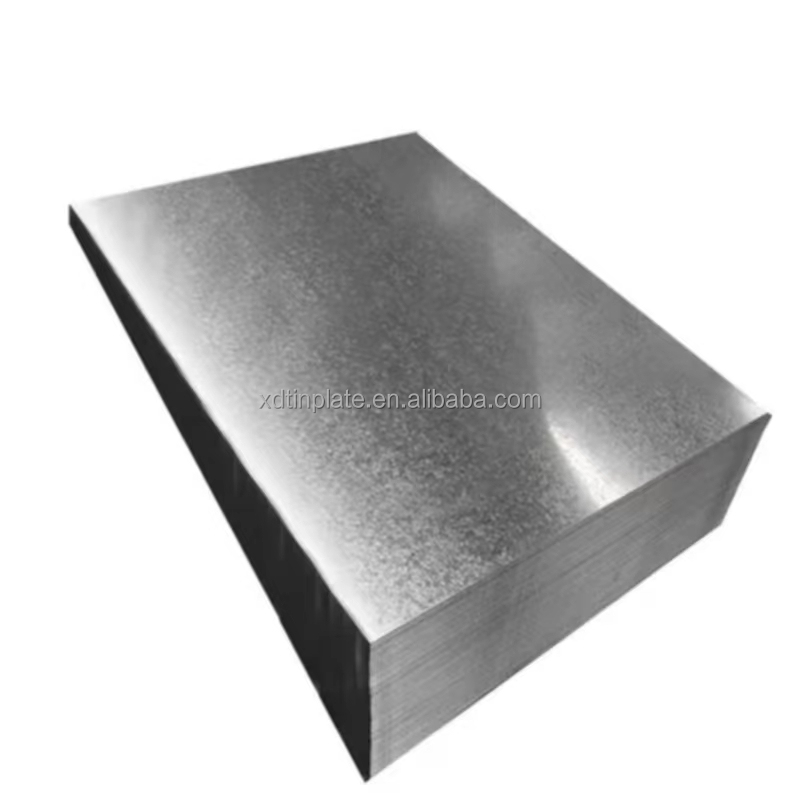
10 月 . 05, 2024 16:27 Back to list
the tin plate manufacturer
The Tin Plate Manufacturer An Overview of the Industry and its Importance
Tin plate refers to a thin sheet of iron or steel that is coated with a tin layer. This coating provides protection against corrosion and rust, making tin plate a highly desirable material for various applications. The tin plate manufacturer plays a crucial role in producing this essential material, which is widely used in packaging, construction, and electronics. This article delves into the importance of tin plate manufacturing, the processes involved, and the challenges faced by manufacturers in today's economy.
The Significance of Tin Plate
Tin plates are primarily used for packaging products, especially food items. The food industry relies heavily on tinplate due to its non-toxic nature and excellent barrier properties, which help preserve the freshness of food and extend shelf life. Canned foods, for instance, are commonly packaged in tinplate containers, ensuring that they remain safe for consumption over extended periods.
Beyond food packaging, tin plate is also employed in the automotive industry for manufacturing parts that require corrosion resistance. Its lightweight and strength make it an ideal material for vehicle components, thereby contributing to the overall efficiency and durability of automobiles. Additionally, tin plate is used in household items such as cookware, storage containers, and various decorative items, adding to its versatility.
Manufacturing Process
The manufacturing of tin plate involves several steps. Initially, high-quality sheets of steel are procured, which serve as the base material. The steel is then cleaned and treated to remove any impurities, ensuring a smooth surface for tin coating. After treatment, the steel sheets are subjected to a process known as electroplating, where tin is deposited onto the surface of the steel. This electroplating process not only provides a protective layer but also enhances the aesthetic appeal of the tin plate.
Once the coating is applied, the tin plates are often cut into desired sizes and shapes for various applications. Quality control is a critical aspect of manufacturing, as it ensures that the tin plates meet industry standards and customer specifications. Advanced technologies and automation have significantly improved the efficiency of tin plate manufacturing, allowing producers to meet the growing demand from different sectors.
the tin plate manufacturer

Challenges in the Industry
Despite its importance, the tin plate manufacturing industry faces several challenges. One of the most significant hurdles is the fluctuation in raw material prices, particularly steel and tin. These fluctuations can impact production costs and profitability, forcing manufacturers to adopt more cost-effective strategies.
Additionally, environmental regulations are becoming increasingly stringent. Tin plate manufacturers must ensure that their processes adhere to environmental standards, including waste management and emissions control. This often requires investing in new technologies and equipment, which can be financially burdensome, especially for smaller manufacturers.
Moreover, competition from alternative materials, such as aluminum and plastics, poses a threat to the tin plate industry. As consumers and industries increasingly lean towards sustainable and lightweight materials, manufacturers must innovate and improve the properties of tin plates to remain competitive.
Conclusion
The role of the tin plate manufacturer in modern industries cannot be overstated. As a critical supplier of materials for food packaging, automotive parts, and household products, tin plate manufacturing is integral to various sectors of the economy. The ongoing advancements in manufacturing processes and commitment to quality will enable the industry to adapt to market demands and environmental concerns.
While challenges persist, the future of tin plate manufacturers lies in innovation, sustainability, and strategic planning. By focusing on these key areas, manufacturers can ensure their relevance and success in an ever-evolving marketplace, ultimately contributing to the global economy and improving the quality of products available to consumers.
-
Galvanized steel sheet price hot-dip galvanized
NewsMar.07,2025
-
Galvanized steel sheet price hot-dip galvanized
NewsMar.07,2025
-
Galvanized steel sheet price hot-dip galvanized
NewsMar.07,2025
-
Galvanized steel sheet price hot-dip galvanized
NewsMar.07,2025
-
Galvanized steel sheet price hot-dip galvanized
NewsMar.07,2025
-
buy corrugated roof sheet end capping
NewsMar.07,2025